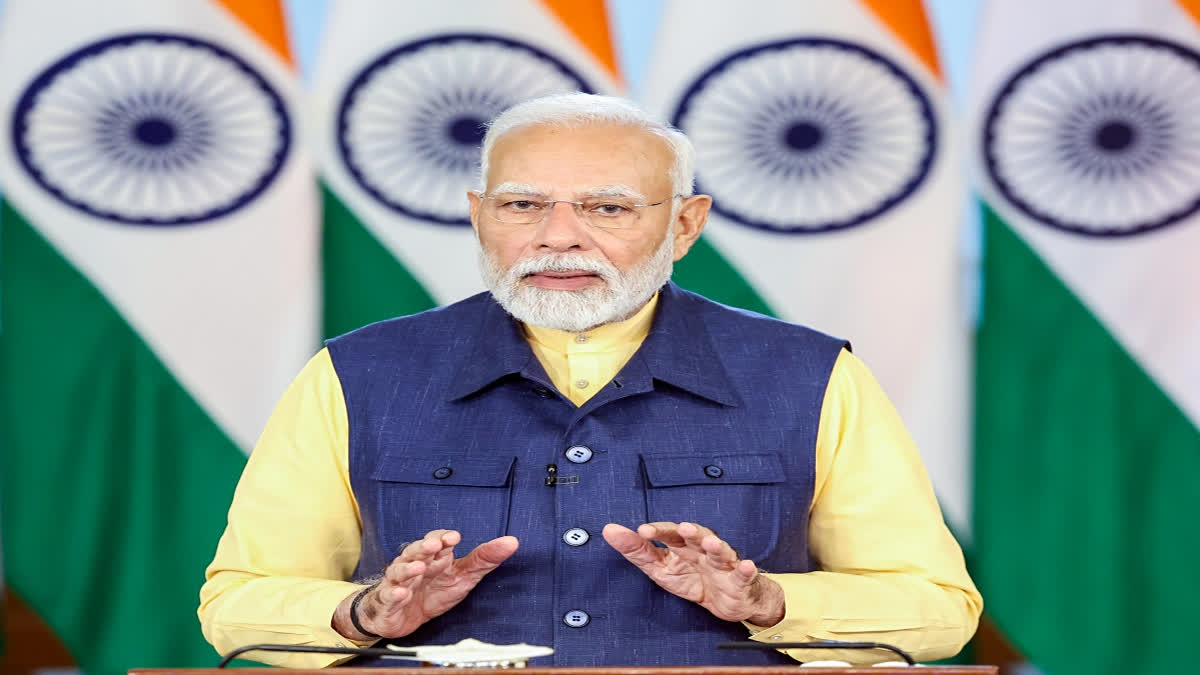New Delhi: The Union Cabinet chaired by Prime Minister Narendra Modi on Thursday approved to confer the status of Classical Language to Marathi, Pali, Prakrit, Assamese and Bengali languages.
Union Minister Ashwini Vaishnaw said, "The Classical Languages serve as a custodian of Bharat's(India's) profound and ancient cultural heritage, embodying the essence of each community's historical and cultural milestone."
The government decided to create a new category of languages as 'Classical Languages' on October 12, 2004, declaring Tamil as Classical Language and setting following as criteria for the status of Classical Language, high antiquity of its early texts/recorded history over a thousand years, a body of ancient literature/ texts, which is considered a valuable heritage by generation of speakers, and the literary tradition must be original and not borrowed from another speech community.
The Union Minister informed a Linguistic Experts Committee (LEC) was constituted by the Ministry of Culture under Sahitya Akademi in November 2004 to examine the proposed languages for the status of Classical Language.
The criteria were revised in November 2005, and Sanskrit was declared as Classical Language, high antiquity of its early texts/recorded history over a period of 1500-2000 years, a body of ancient literature/texts, which is considered a valuable heritage by generations of speakers, the literary tradition be original and not borrowed from another speech community, and the classical language and literature being distinct from modern, there may also be a discontinuity between the classical language and its later forms or its offshoots.
Besides this, the Cabinet also approved the signing of a ‘Letter of Intent’ thus enabling India to join the 'Energy Efficiency Hub'.
India will join the International Energy Efficiency Hub (Hub), a global platform dedicated to fostering collaboration and promoting energy efficiency worldwide. This move solidifies India's commitment to sustainable development and aligns with its efforts to reduce greenhouse gas emissions.
Established in 2020 as the successor to the International Partnership for Energy Efficiency Cooperation (IPEEC), in which India was a member, the Hub brings together governments, international organisations, and private sector entities to share knowledge, best practices, and innovative solutions.
